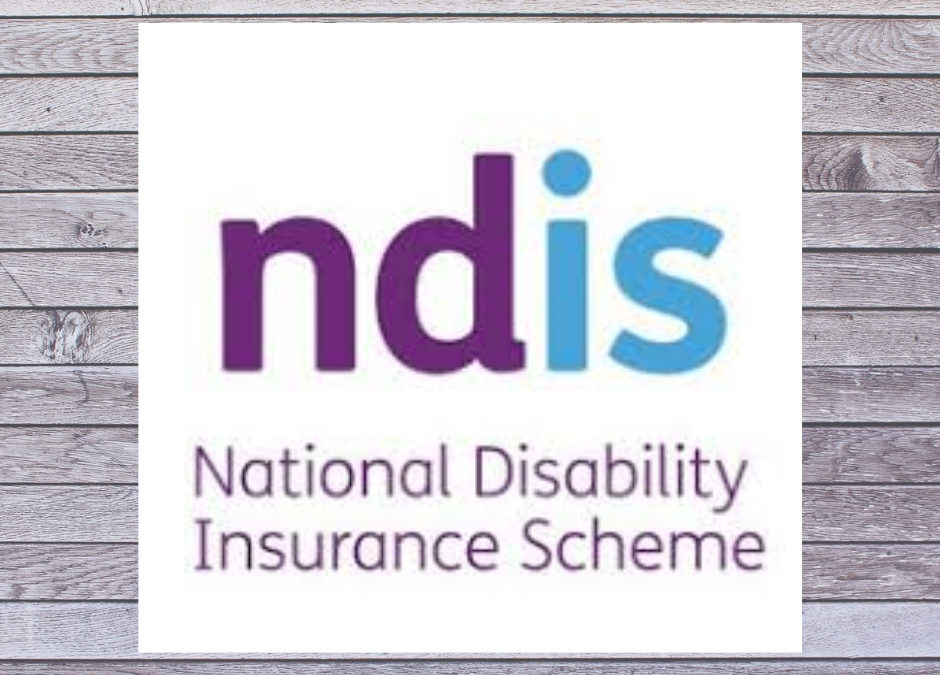What are the benefits of the NDIS?
The National Disability Insurance Scheme (NDIS) is a relatively new scheme that the Australian government put into effect in 2016. The program restructured the way that Australians and their families living with disabilities can use extra supports to enhance their quality of life and achieve their personal objectives. The leading belief of the NDIS is the notion that people with a disability can select the services they want to engage with and choose how they wish to do this. In short, the NDIS aims to give its participants the power and choice to dictate their own services and supports. People 65 years and under living with a permanent disability and lifelong medical diagnosis may be suitable for NDIS funding.
NDIS funding is assorted into three core areas, labelled ‘core supports’, ‘capital supports’ and ‘capacity building supports’. These areas address different types of supports and services, and funding is apportioned into each area depending on the person’s needs. Core supports covers assistance with basic living needs and routines, often involving support workers, group day programs and transport. Capital supports incorporates funding for assistive technology and equipment such as car or home modifications. Capacity building supports involve allied health therapies and assessments, such as psychology, occupational therapy and speech therapy.
What occupational therapy assistance can I get?
To avail of occupational therapy (OT) under the NDIS, a person must have adequate funding in the ‘capacity building’ support category. The primary intent of this area of supports is to boost the person’s general ability to take care of themselves, complete their necessary daily tasks and cooperate in social and recreational pursuits.
OT is part of the allied health therapies and aims to bolster people’s independence and overall functional capacity. This can cover all aspects of life, from activities of daily living (basic self-care tasks such as eating, bathing or dressing), to more complex life skills such as maintaining employment, using public transport, managing finances or driving. Occupational therapists work with individuals of all ages and medical histories. They commonly work with children to build independence and fundamental functional skills (e.g. motor skills, social skills), and adults following injury or with long-term medical conditions. Common conditions that OTs work with are intellectual disabilities, autism and other developmental disorders, mental illness, physical disabilities, neurological conditions, stroke and injury or burns victims.
The nature of OT support may vary from one-time assessments (e.g. if a person needs a functional or home assessment for a housing application) to regular therapy (e.g. weekly therapy sessions to help a child improve fine motor skills such as handwriting). The type of support will be determined by the person’s disability, current level of functioning and independence, and their personal goals.
How do I apply for the NDIS and how much funding can I get?
To become a member (known as participants) of the NDIS, a person’s medical diagnosis, history and how their disability is impinging on their life needs to be documented and provided as evidence. In general, this requires assessment reports and letters from health professionals involved in the person’s care, such as doctors and specialists, OTs, speech therapists, psychologists, physiotherapists and other appropriate health workers. The person and their family must inform the NDIS of what is currently being done to care for the person (e.g. family members may be attending to most of the person’s daily care), and a discussion about the person’s goals ensues. All this information is collated and in conversation with the client/parents/family, decisions are made regarding how much funding will be allocated into each support category. Clients will have different plans and not every person will get funding in each support section.
If you become an NDIS participant, you will be allotted a local area coordinator (LAC), who serves as your primary contact person for any queries or issues with your NDIS experience or plan. The funding for an NDIS plan usually lasts for 12 months, although if funding is insufficient and is consumed before the plan’s end date, it may be possible to obtain a review for some interim funding.
How can NDIS OT help me?
The breadth of how OT can help a person is virtually limitless. At is crux, OT bids to build a person’s autonomy so that they are less reliant on others and can more pointedly engage in their community. Common specific examples of how OT may help someone include:
– Helping a child with fine and gross motor skills
– Developing social skills
– Improving attention/concentration skills
– Developing organisation skills
– Helping people with sensory processing problems
– Building on basic self-care skills
– Assisting with finding and keeping employment or other vocational work
– Performing assessments for equipment or assistive technology
– Performing home modification assessments
– Performing driving assessments, including recommending vehicle modifications


